'Peak iPhone' blamed for Apple's falling revenues
Tech giant reports its first drop for 13 years as iPhone sales decline in key markets
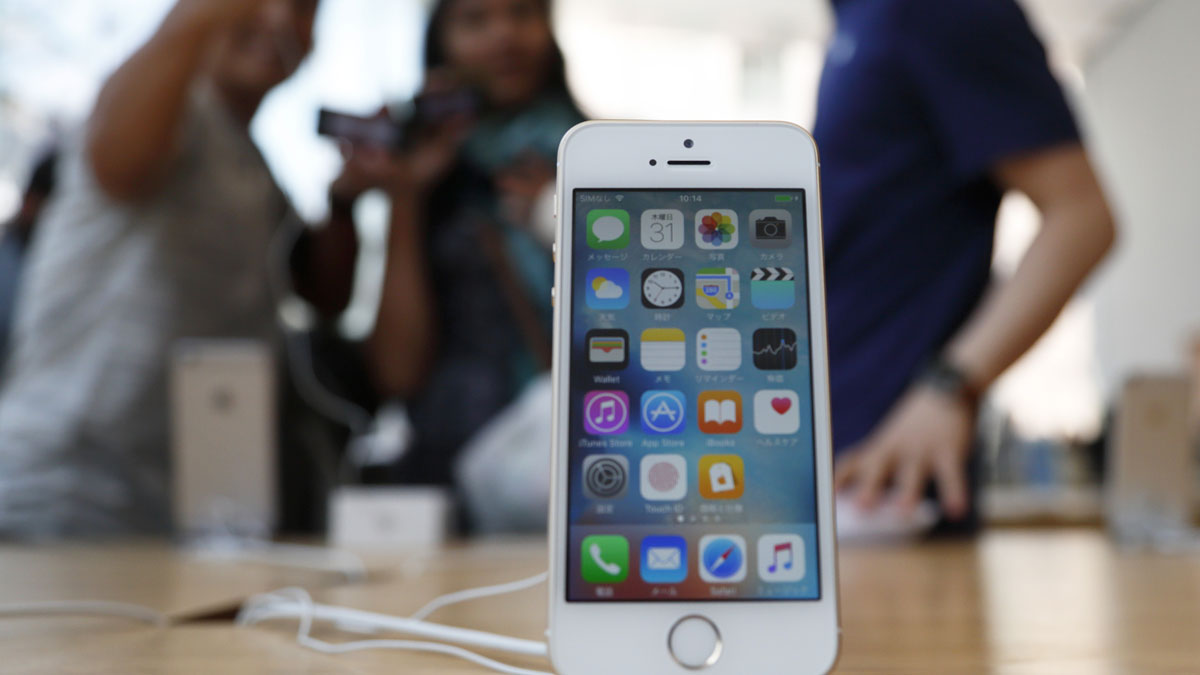
A free daily email with the biggest news stories of the day – and the best features from TheWeek.com
You are now subscribed
Your newsletter sign-up was successful
Apple's record-setting growth is officially at an end, with the company reporting a 13 per cent fall in its second quarter revenue.
The drop marks the tech giant's first backward step in sales since 2003, after 50 consecutive year-on-year quarters of growth.
Apple reported receipts of £34.39bn, down from £39.78bn in the same quarter in 2015. A drop in iPhone sales is largely to blame - the company sold 51.19 million iPhones in the quarter, down from 61.17 million units a year earlier.
The Week
Escape your echo chamber. Get the facts behind the news, plus analysis from multiple perspectives.

Sign up for The Week's Free Newsletters
From our morning news briefing to a weekly Good News Newsletter, get the best of The Week delivered directly to your inbox.
From our morning news briefing to a weekly Good News Newsletter, get the best of The Week delivered directly to your inbox.
Chief executive Tim Cook told journalists he believed this was due to the success of the iPhone 6, which has stopped people from upgrading to the iPhone 6S.
As such, Gizmodo says it now "appears that people are finally wising up to the fact that they don't have to upgrade their phones every year".
The site points to the idea of Apple having hit "peak iPhone". New features and handsets are not as appealing to consumers as the technologies introduced year-on-year are no longer perceived as breakthrough or must-have additions.
However, Apple has also encountered trouble in developing markets. "China was a particular weak spot – sales there fell 26 per cent. Results were also hit by the impact of a stronger dollar," the BBC says.
A free daily email with the biggest news stories of the day – and the best features from TheWeek.com
The broadcaster's Dave Lee adds that the company needs "the next blockbuster category to come along" – something entirely new to capture the attention of tech buyers in the way the first iPhone did in 2007. But "there's no sign of one coming soon".
Apple's shares, which are down 20 per cent over the past year, fell a further eight per cent to $96.12 in after-hours trading yesterday. The decline "erased more than $46 billion of the company's market capitalisation", the Wall Street Journal says.
While news of Apple's decline is big, it isn't surprising – the company has been warning investors to "brace for impact" for some time now, says The Guardian, and given that the iPhone accounts for almost two-thirds of revenues, a 16 per cent drop dwarfs the growth seen in some of Apple's other products. The company's second-highest earner is now services, which grew 20 per cent thanks to successes with Apple Music, the App Store, and Apple Pay.
-
 What are the best investments for beginners?
What are the best investments for beginners?The Explainer Stocks and ETFs and bonds, oh my
-
 What to know before filing your own taxes for the first time
What to know before filing your own taxes for the first timethe explainer Tackle this financial milestone with confidence
-
 The biggest box office flops of the 21st century
The biggest box office flops of the 21st centuryin depth Unnecessary remakes and turgid, expensive CGI-fests highlight this list of these most notorious box-office losers
-
 Will AI kill the smartphone?
Will AI kill the smartphone?In The Spotlight OpenAI and Meta want to unseat the ‘Lennon and McCartney’ of the gadget era
-
 Is Apple’s Tim Cook about to retire?
Is Apple’s Tim Cook about to retire?Today's Big Question A departure could come early next year
-
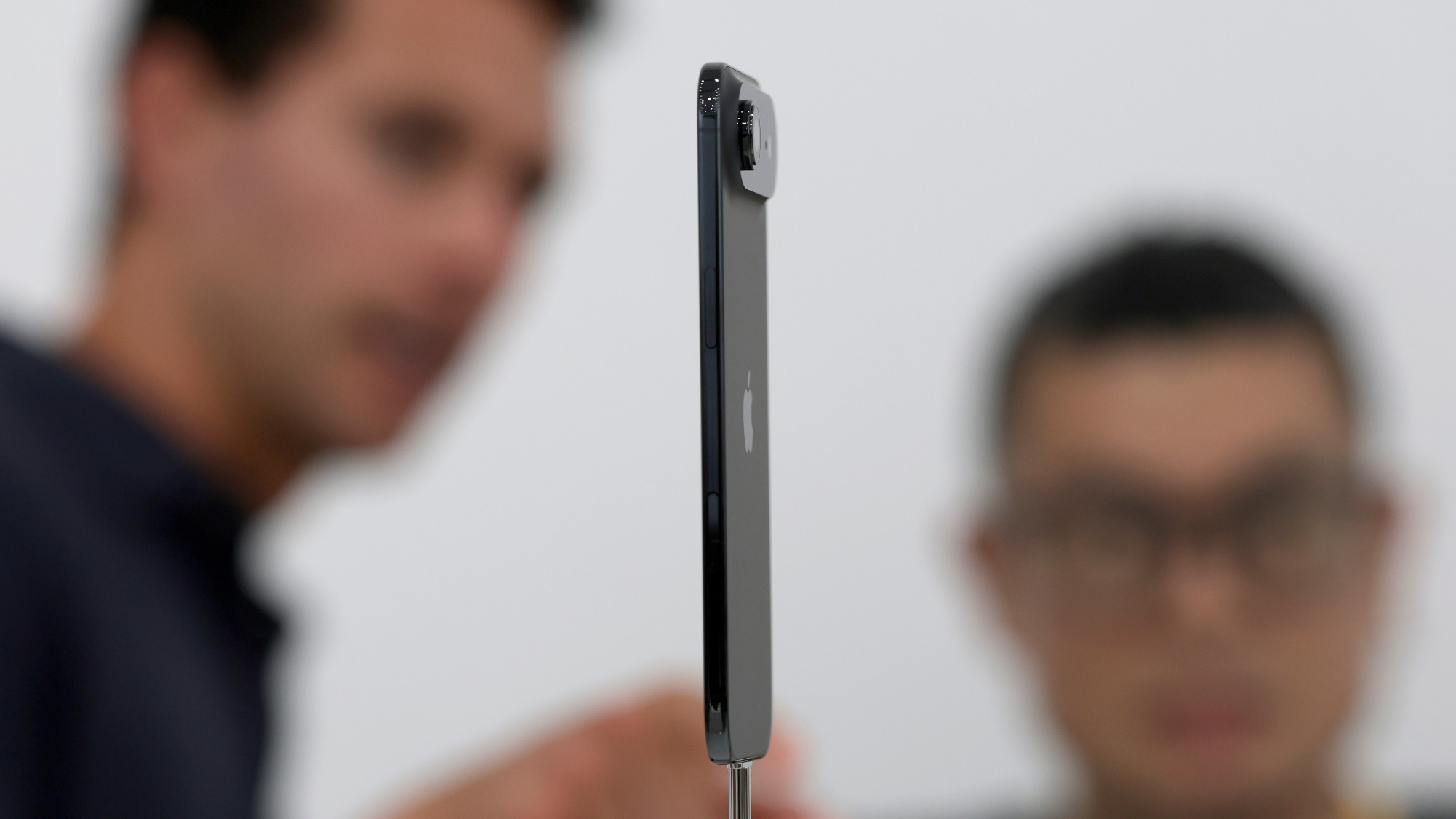 iPhone Air: Thinness comes at a high price
iPhone Air: Thinness comes at a high priceFeature Apple’s new iPhone is its thinnest yet but is it worth the higher price and weaker battery life?
-
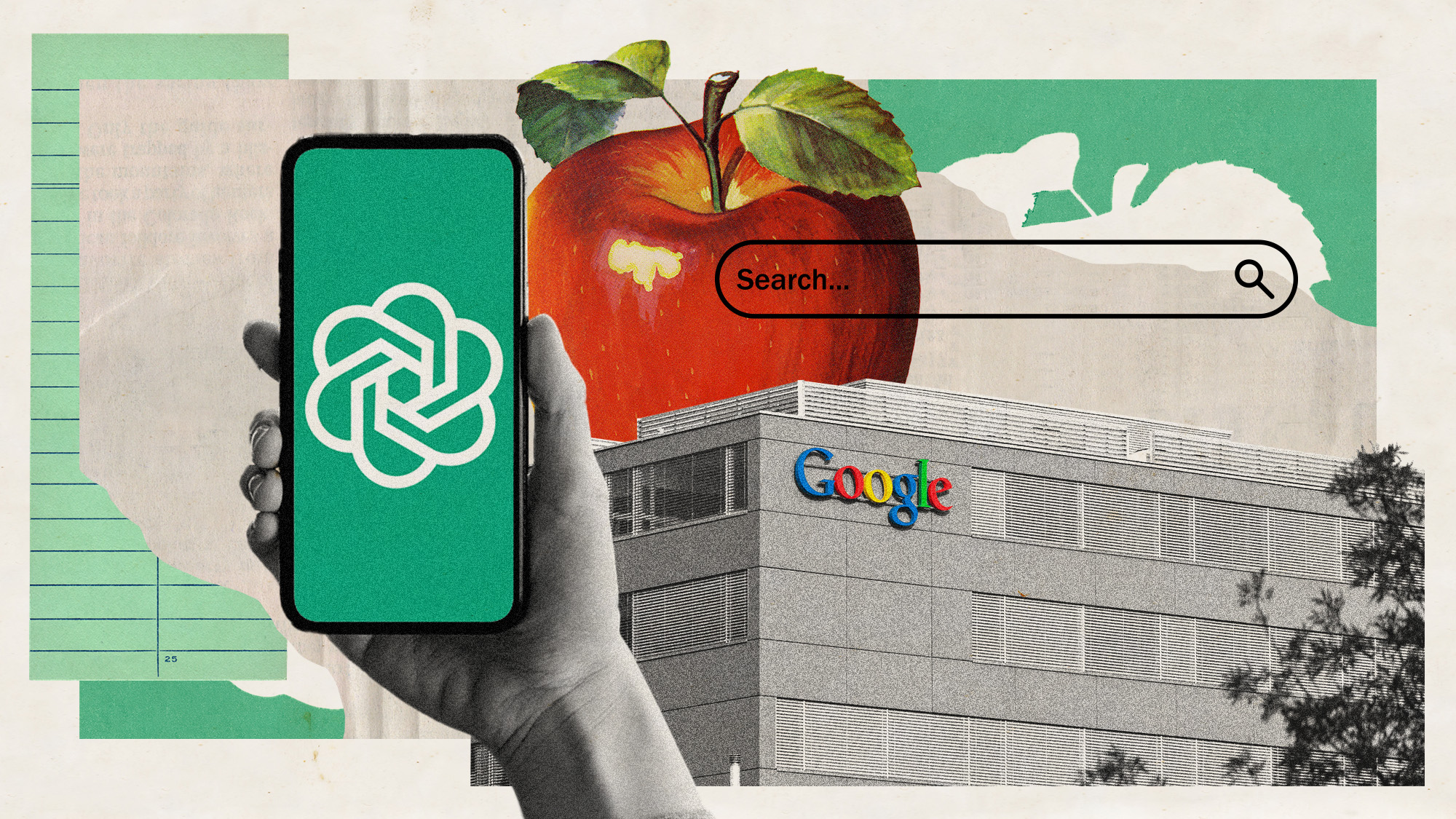 Is Apple breaking up with Google?
Is Apple breaking up with Google?Today's Big Question Google is the default search engine in the Safari browser. The emergence of artificial intelligence could change that.
-
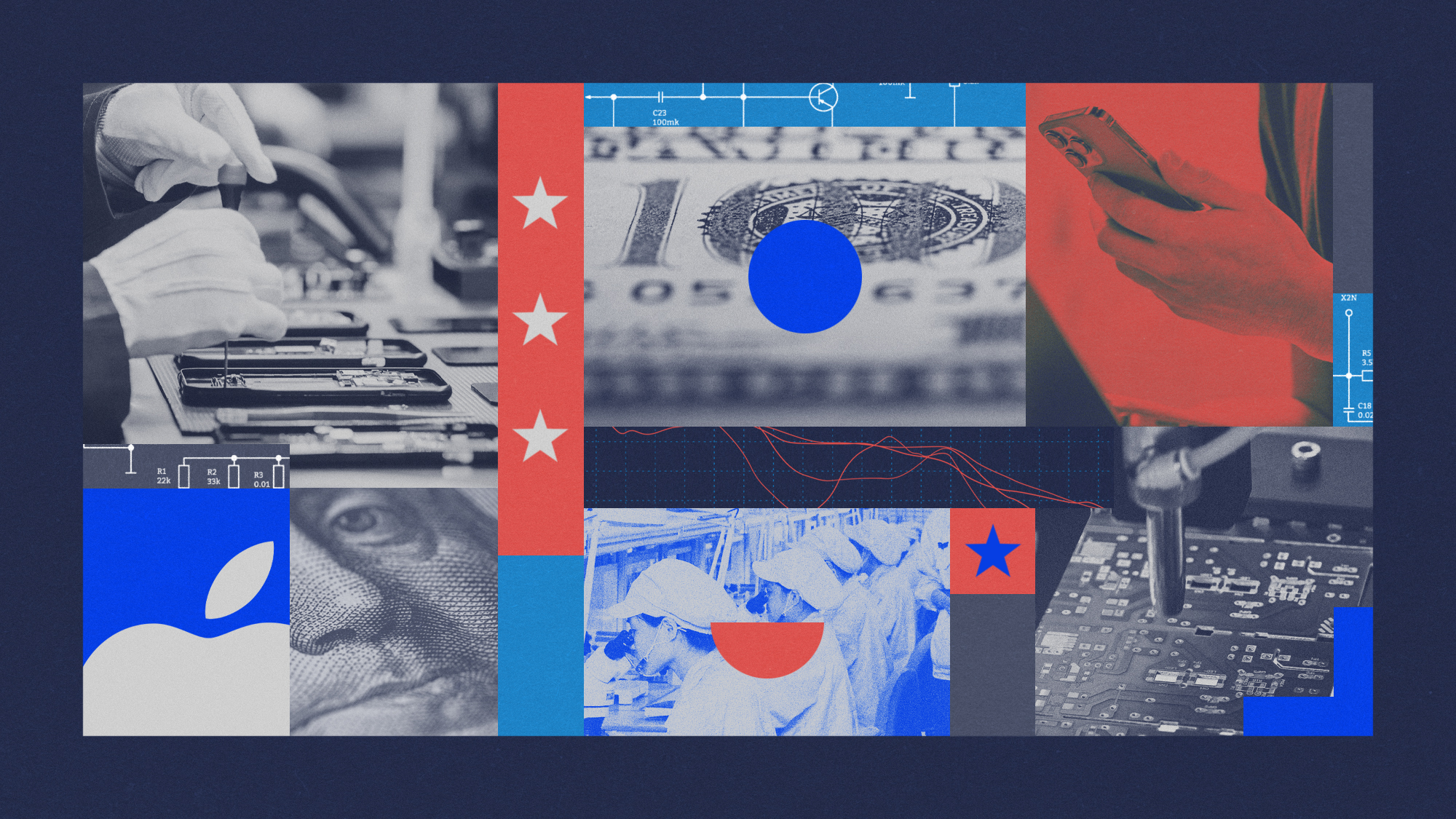 Why won't Apple make iPhones in America?
Why won't Apple make iPhones in America?Today's Big Question Trump offers a reprieve on tariffs, for now
-
 Not there yet: The frustrations of the pocket AI
Not there yet: The frustrations of the pocket AIFeature Apple rushes to roll out its ‘Apple Intelligence’ features but fails to deliver on promises
-
 Space-age living: The race for robot servants
Space-age living: The race for robot servantsFeature Meta and Apple compete to bring humanoid robots to market
-
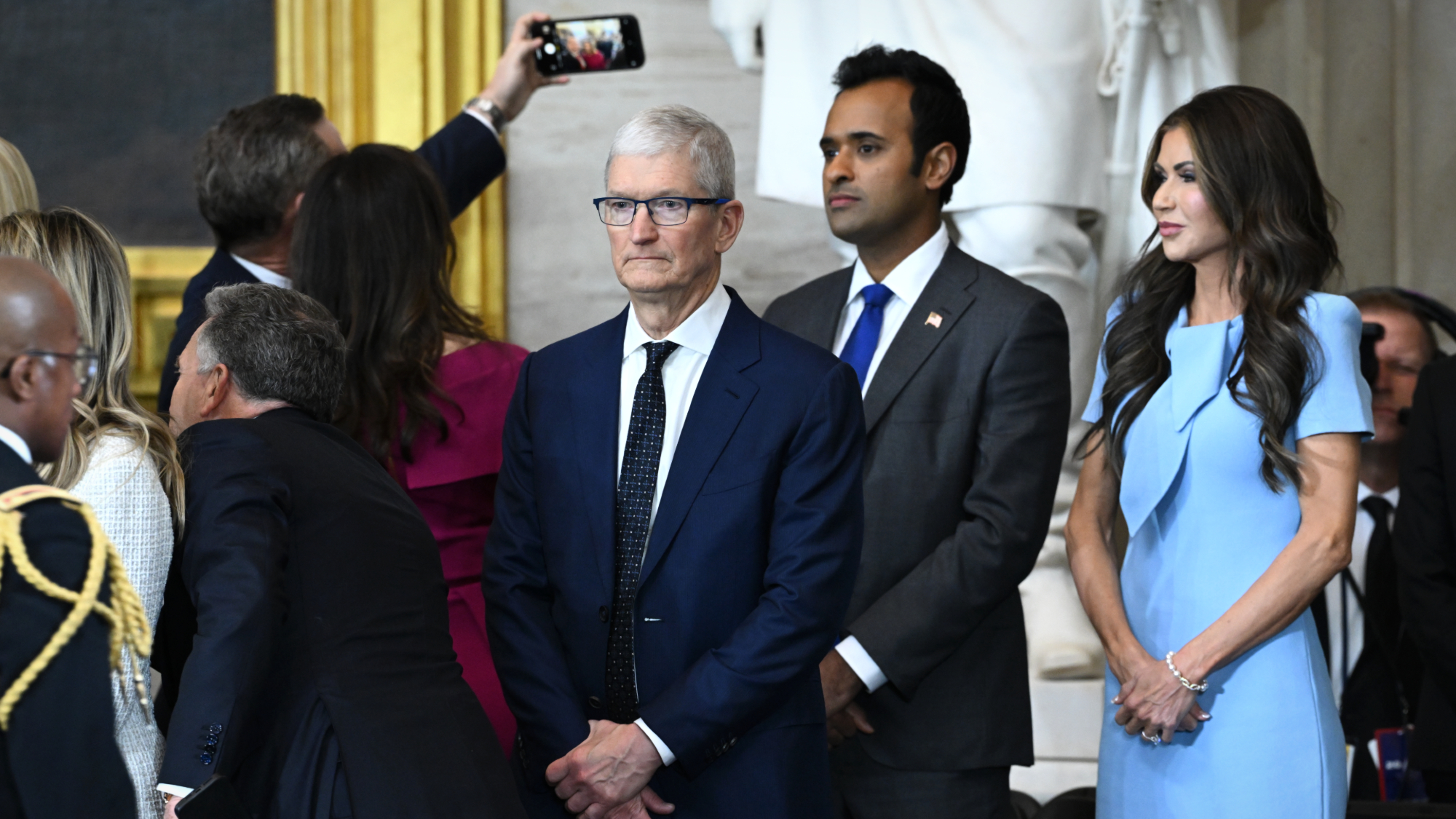 Apple pledges $500B in US spending over 4 years
Apple pledges $500B in US spending over 4 yearsSpeed Read This is a win for Trump, who has pushed to move manufacturing back to the US